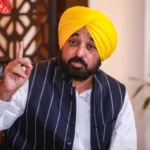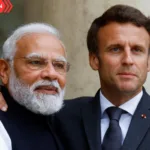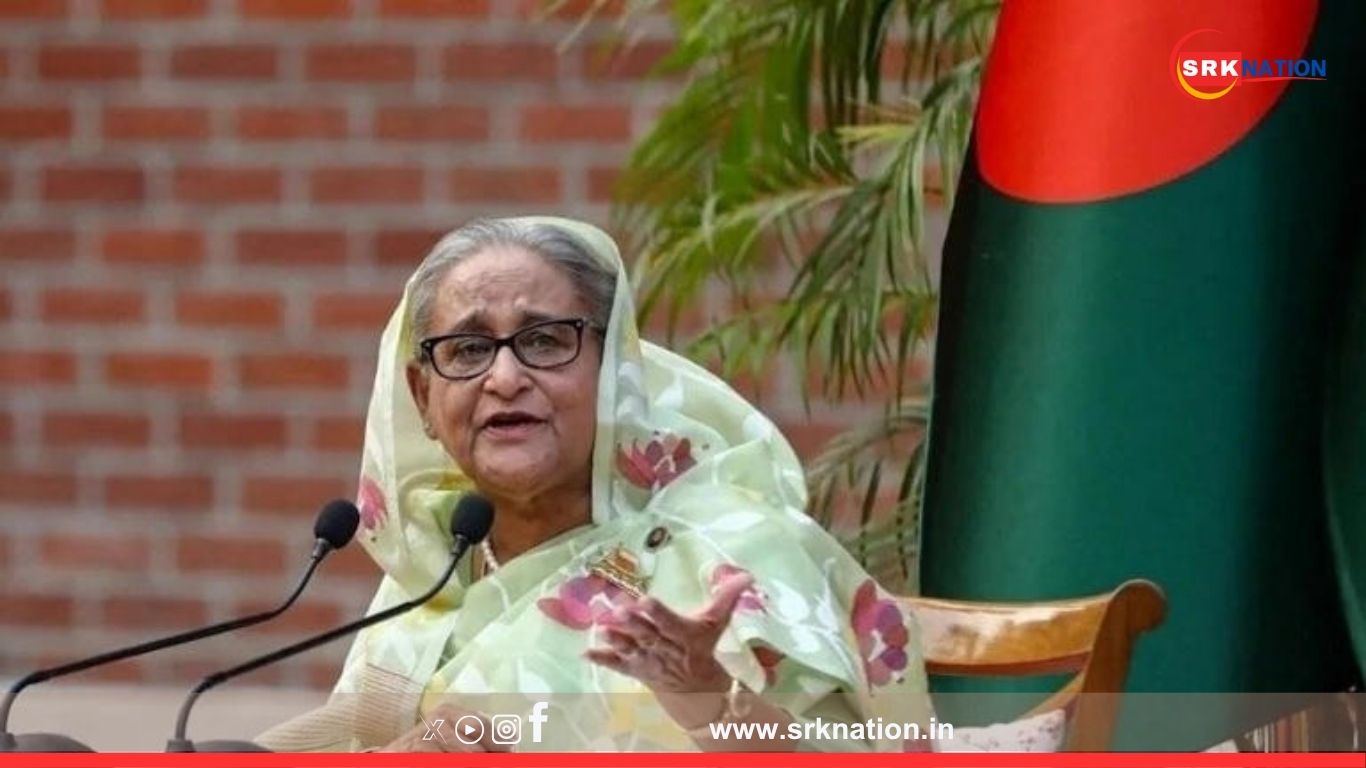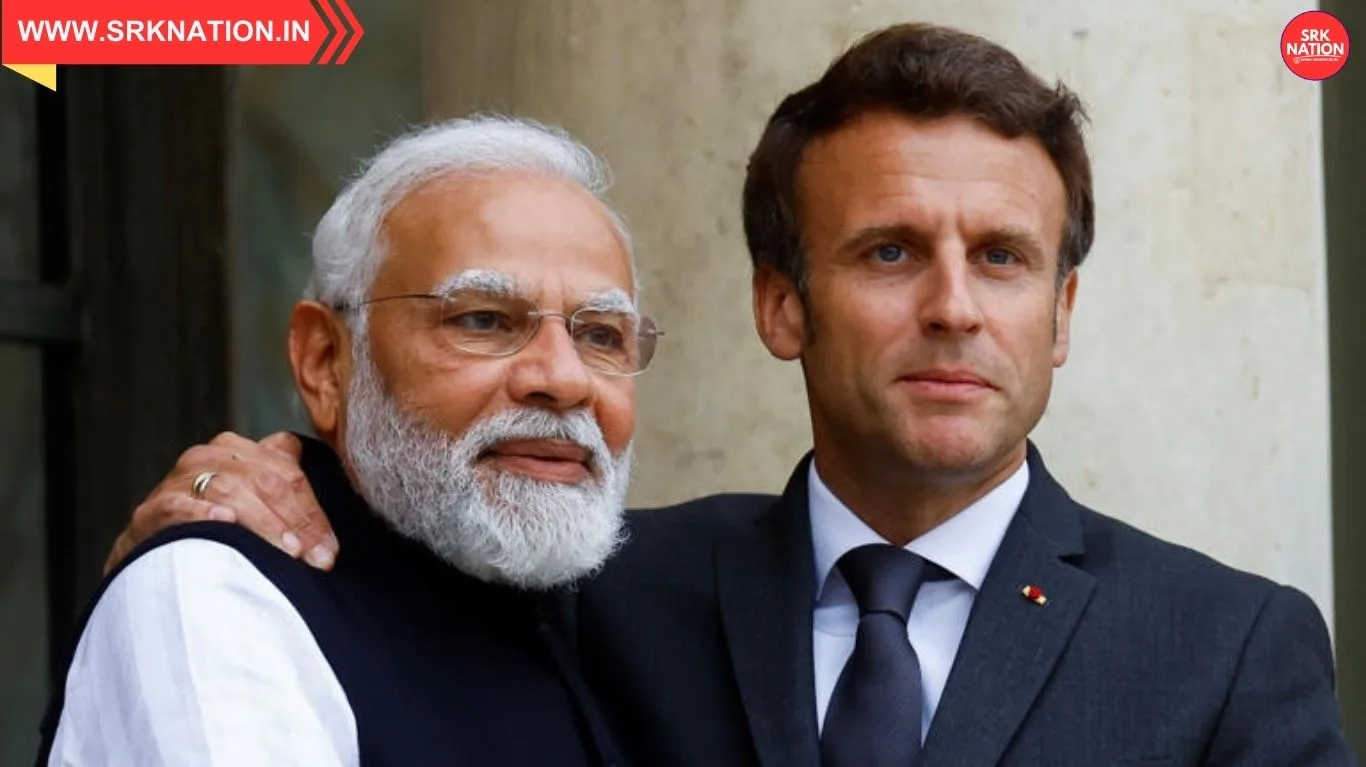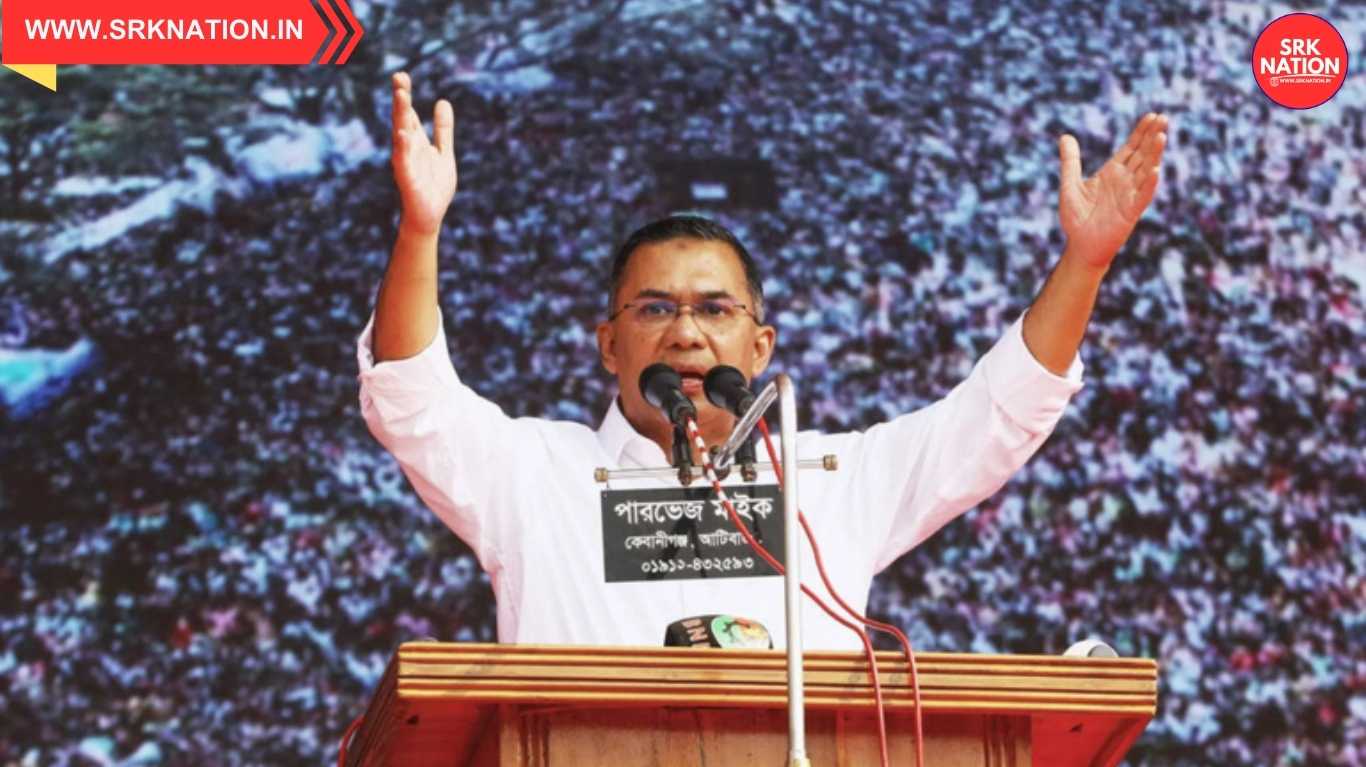In a dramatic development that has triggered political tremors across South Asia, Bangladesh has reportedly sought the extradition of former Prime Minister Sheikh Hasina from India. The move comes amid a rapidly escalating political crisis in Dhaka, where the current interim government has initiated legal proceedings against several top leaders of the Awami League, including Hasina, who has been residing in India since her electoral defeat earlier this year.
Background: Sheikh Hasina’s Post-Election Exile
Sheikh Hasina, who served as Bangladesh’s Prime Minister from 2009 to January 2025, left the country shortly after her party faced a historic defeat in the national elections held in February. She has been staying in India since March 2025, where she is reportedly undergoing medical treatment and engaging in informal diplomatic interactions with Indian leaders.
Key Highlights of the Extradition Demand
- Formal Communication:
According to diplomatic sources in Dhaka, the Bangladesh Ministry of Home Affairs has sent a formal note verbale to India’s Ministry of External Affairs, requesting Hasina’s extradition under the bilateral extradition treaty signed in 2013. - Charges Cited:
The interim government has accused Hasina of corruption, abuse of power, and alleged human rights violations during her tenure. Multiple cases have been filed in Dhaka courts over the past two months. - Urgency of Request:
Officials in Bangladesh emphasise that her presence is “critical for due legal process and national accountability.”
Legal Basis Under Indo-Bangladesh Extradition Treaty
| Treaty Clause | Provision | Applicability to Hasina’s Case |
|---|---|---|
| Article 2 | Covers offences punishable with minimum 1 year imprisonment | Applicable (corruption and abuse of power charges carry >1 year sentence) |
| Article 3 | Excludes political offences | Defence can argue charges are politically motivated |
| Article 6 | Extradition can be refused if it harms national security or interests | India may invoke this to deny request |
Legal experts note that the “political offence exclusion clause” is central, as Hasina’s defence is likely to argue that charges are framed due to political vendetta.
India’s Likely Response
New Delhi has not issued any official statement yet. However, government sources indicate:
- India views Sheikh Hasina as a strategic partner, given her decade-long alignment with Indian regional security and connectivity goals.
- Extraditing her could strain bilateral relations and affect India’s strategic projects, including transshipment corridors through Bangladesh.
- Any decision will consider legal, diplomatic, and humanitarian dimensions, especially her current medical condition.
Political Reactions in Bangladesh
The extradition demand has sparked heated debates within Bangladesh:
- Awami League Reaction:
Senior leaders termed it a “political witch hunt”, warning it could destabilise national harmony. They accused the interim government of overstepping its mandate and pushing Bangladesh towards authoritarian rule. - BNP and Opposition Parties:
The Bangladesh Nationalist Party (BNP) welcomed the move, stating: “No one is above the law. She must face accountability for corruption and authoritarian excesses.” - Civil Society Concerns:
Human rights groups expressed concern over possible erosion of due process if political motives override fair trial standards.
Regional Geopolitical Implications
| Factor | Implication |
|---|---|
| India-Bangladesh Relations | Possible tension if India refuses extradition; tests strategic trust |
| China’s Role | Opportunity to increase influence in Dhaka if India ties weaken |
| Refugee and Security Issues | Potential rise in cross-border refugee flow if instability escalates |
| SAARC Dynamics | Adds complexity to regional cooperation frameworks |
Strategic analysts warn that India’s handling of Hasina’s situation will have long-term implications for its Act East Policy, BIMSTEC projects, and counterterrorism cooperation.
Sheikh Hasina’s Political Legacy
| Tenure | Achievements | Criticisms |
|---|---|---|
| 2009-2025 | Economic growth acceleration, Dhaka Metro, Padma Bridge, energy cooperation with India | Allegations of authoritarianism, human rights violations, media suppression |
Hasina remains Bangladesh’s longest-serving Prime Minister, shaping its modern political and economic landscape.
Public Sentiment in Bangladesh
Recent opinion polls by Dhaka-based think tanks show a polarised society:
- Pro-Hasina Support: 43% still credit her for economic growth and peace
- Anti-Hasina Sentiment: 49% support legal accountability measures
- Undecided: 8% remain neutral or sceptical about political motives
International Observers’ Perspective
Diplomatic experts highlight:
“This extradition request, if pursued aggressively, could turn into a diplomatic flashpoint. India has traditionally sheltered political leaders from neighbouring countries for humanitarian or strategic reasons.”
Human rights organisations urged both countries to ensure:
- Respect for due legal process
- Consistent application of international refugee and asylum norms
- Protection from politically motivated prosecutions
Possible Scenarios Ahead
- India Refuses Extradition:
Could strain ties but signal India’s prioritisation of strategic interests and humanitarian considerations. - India Grants Extradition:
May enhance short-term ties with Bangladesh’s current regime but risk eroding goodwill among pro-Hasina factions and weaken India’s regional influence. - Mediated Settlement:
India could facilitate political reconciliation or third-country asylum for Hasina to diffuse tensions.
Conclusion
Bangladesh’s extradition request for former Prime Minister Sheikh Hasina marks a watershed moment in South Asian geopolitics. As New Delhi weighs its options, balancing strategic interests, legal obligations, and regional stability will be crucial. The unfolding developments will not only define India-Bangladesh relations in coming years but also reshape South Asia’s evolving political contours.
Disclaimer: This news report is based on government communications, legal analyses, and expert opinions. It does not express personal views or policy recommendations.





